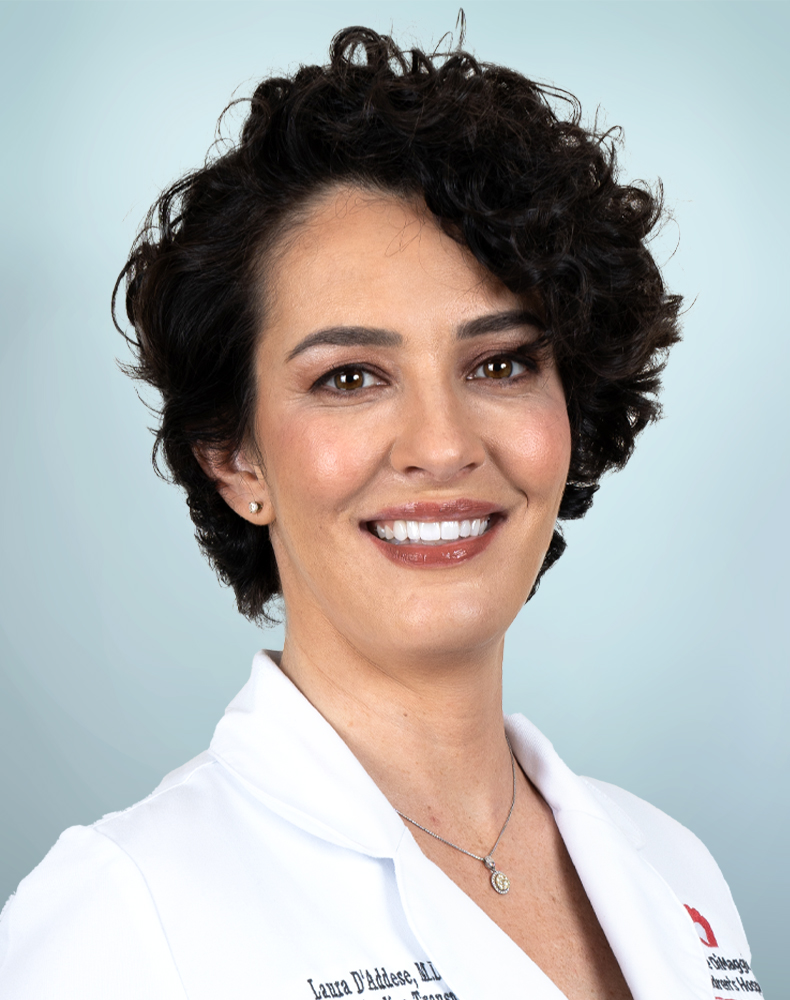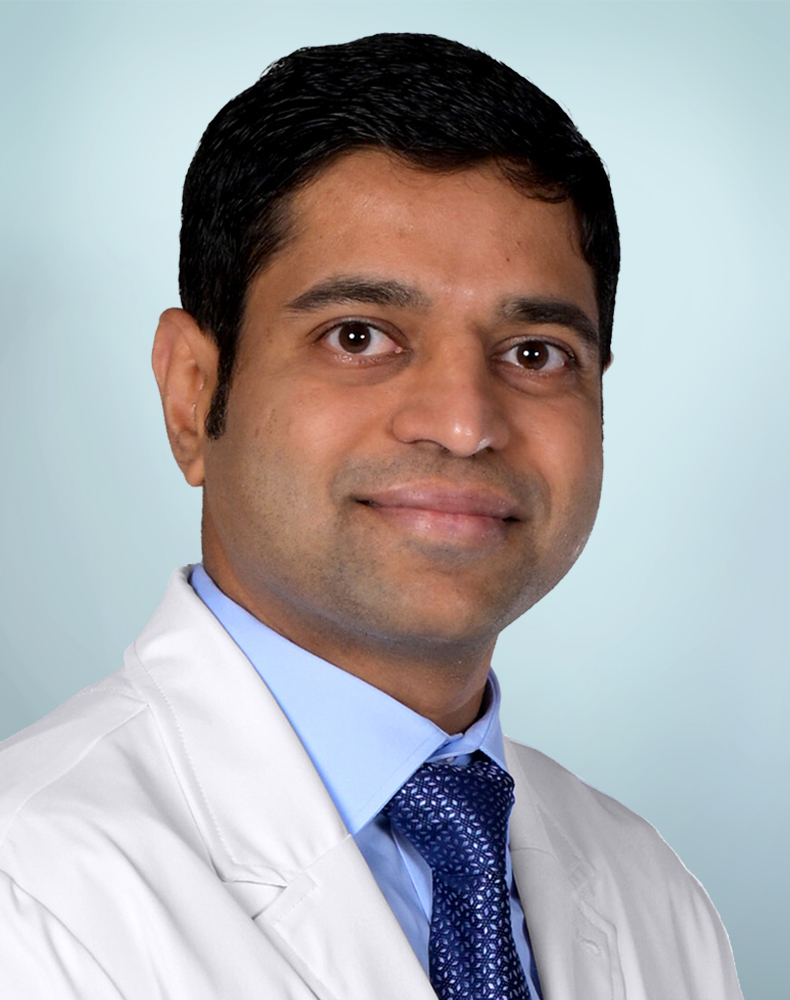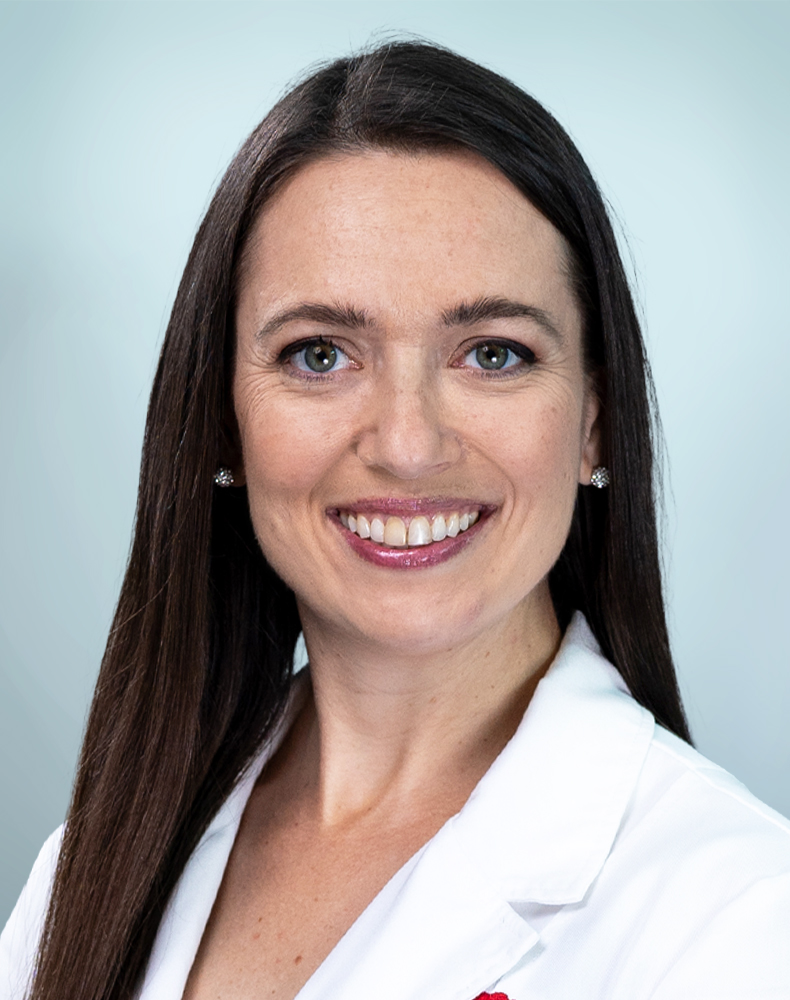Cardiomyopathy in Children
We screen for hypertrophic cardiomyopathy in children. Doctors refer cardiomyopathy patients to us for treatment, up to and including heart transplant.
Getting a diagnosis of cardiomyopathy can feel overwhelming for families, particularly since many types of cardiomyopathy are genetic. At Joe DiMaggio Children’s Hospital, we diagnose and treat all types of cardiomyopathy.
We also offer sports screening for hypertrophic cardiomyopathy.
Call us for more information or to schedule an appointment
954-265-3437What Is Pediatric Cardiomyopathy?
Cardiomyopathy is a primary disease of the heart muscle that affect the heart’s ability to pump blood and maintain its rhythm. It can be due to genetics, metabolic issues or caused by other conditions. Children with cardiomyopathy may tire easily and have poor growth as their heart struggles to pump enough blood to support the body's needs.
Some types of cardiomyopathy can cause sudden death in otherwise young, healthy children and young athletes.
While cardiomyopathy isn’t typically curable, an accurate diagnosis and early treatment can reduce symptoms and control the condition’s progression. We successfully treat pediatric cardiomyopathy and help families obtain screening for other family members.
Types of Cardiomyopathy
Common types of cardiomyopathy in children include:
How We Care for Children With Cardiomyopathy

- Expert care: We have one of the fastest-growing cardiomyopathy programs in the state, with nationally recognized experts in pediatric cardiology, and have been recognized as an accredited center of care by The Children's Cardiomyopathy Foundation (CCF). Cardiologists from around the region refer children to us who need further evaluation and treatment. You and your child will be able to see the specialists you need, at one time and in one place. This includes:
- Cardiologists who specialize in cardiomyopathy and heart failure
- Electrophysiologists, who specialize in the heart’s electrical system
- Cardiac imaging specialists
- Geneticists
- Other subspecialties as needed
- Multiple treatment options: We offer a full suite of treatment options for cardiomyopathy:
- Lifestyle changes, medications and implantable devices can help control arrhythmias, manage symptoms, prevent sudden death and slow the progression of disease.
- For children whose symptoms worsen, we have a comprehensive heart failure program.
- We offer heart transplant for children with severe cardiomyopathy and related complications
- Genetic testing and counseling: As part of our evaluation, we offer genetic testing for heart conditions to eligible patients because many types of cardiomyopathy have a genetic component. We can work with families to help them assess risk and learn about genetic factors.
Types of EKG Screenings We Offer
We Play it Safe – Sports EKGs
Joe DiMaggio Children’s Hospital offers an EKG screening for sports evaluations at no cost to the patient in our cardiology offices.
Learn More about Sports EKGsCommunity Screening
Contact us to host or join an EKG screening event at no cost for youth ages 10–21.
Request or Join an EKG Screening Event








